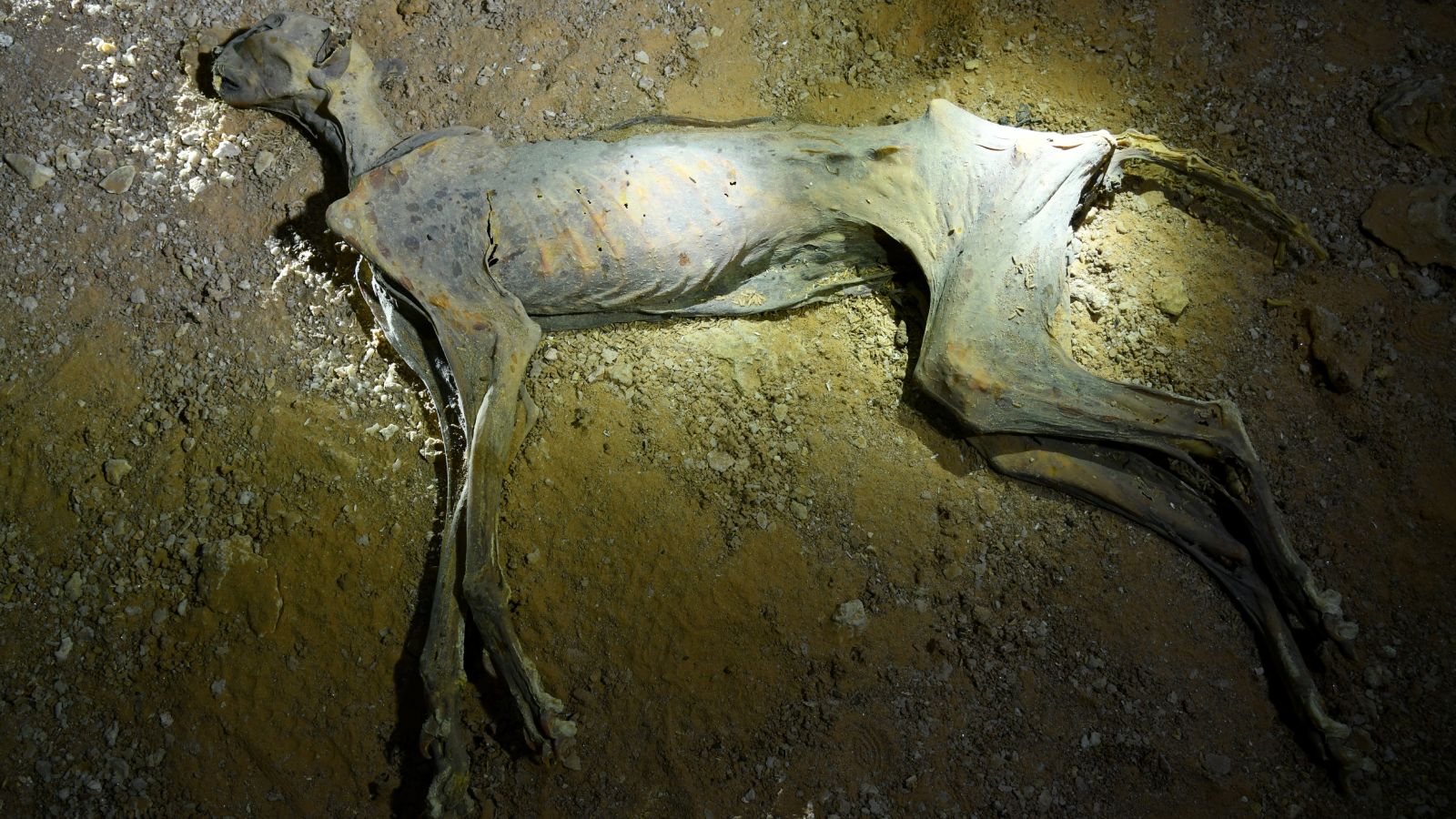HPV Vaccine Sees Poor Completion Rates
Despite the treatment's effectiveness in preventing cervical cancer, few young women who begin taking the human papillomavirus (HPV) vaccine complete the necessary three doses, according to a new study.
Less than a third of the young women receiving the first shot will return months later for the remaining shots needed for lasting protection from four strains of HPV, said study researcher J. Kathleen Tracy, an assistant professor of epidemiology and public health at the University of Maryland School of Medicine.
"I think anytime you see data that suggests relatively poor completion rates, and you're a vaccinologist or scientist, you have to look at the barriers" that stop women from finishing the vaccine, Tracy told MyHealthNewsDaily.
The completion rate of 30.78 percent was similar to the finding from a study of 1,709 girls in six states, published earlier this year in the American Journal of Preventive Medicine. It found that 34 percent of girls ages 13 to 17 completed all doses of the vaccine.
The new study was presented Nov. 9 at the Frontiers in Cancer Prevention Research Conference, held by the American Association for Cancer Research.
Follow-up frustration
Tracy and her colleagues gathered information on 9,658 teenagers and young women from the university's databank between 2006 and 2010. They noted that 2,641 had received the vaccine. Of those, however, 39.1 percent stopped after the first dose and 30.1 percent stopped after two doses, according to the study.
Get the world’s most fascinating discoveries delivered straight to your inbox.
Women who were 18 or older were less likely to complete all three doses than teenage girls, Tracy said. African-American women, who made up two-thirds of the study group, were less likely than white women to complete all three doses.
Researchers used Merck's Gardasil HPV vaccine because it was the only one approved for use at the time. For that vaccine, the second dose must be given two months after the first dose, and the third dose must be given four months after the second dose, Tracy said.
Multiple doses are needed because the body must be exposed to the virus a number of times to generate enough antibodies to protect against HPV, she said. Those who don't complete the three-dose regimen will not have the lasting protection.
The FDA approved the vaccine in 2006 to prevent HPV infection in girls, which can lead to cervical cancer. The agency approved the vaccine for boys in 2009 to prevent genital warts. The Centers for Disease Control and Prevention recommends that women ages 13 to 26 get vaccinated, though the vaccine can be administered as early as age 9.
The idea is to vaccinate girls before they become sexually active and contract HPV, Tracy said.
Barriers to completion
Though the study didn't test examine the obstacles to finishing the vaccinations, Tracy suspects a major barrier is the necessity for three shots.
"Anytime you have to follow up and get two or more, you have to remember, you have to get an appointment and follow through with going in" to the doctor, she said.
And the women who had the lowest completion rate the 18- to 26-year-olds are the women most likely to be in transition and unable to go consistently to the doctor, she said.
"You have to get doses at 6 months, period," Tracy said. "But you get a dose when you're home from the summer, then go to college, and never get back to get the shot."
Next, Tracy wants to see if a text message reminder system could help young women finish their vaccinations. She'll be starting a clinical trial soon with 18- to 26-year-old women, to see if text message reminders issued a week before a vaccination appointment are more effective than a phone call the day before the appointment.
"We're hoping with a little more notice and a method of reminding that's more salient to them, there's more effect," Tracy said.
 Live Science Plus
Live Science Plus






